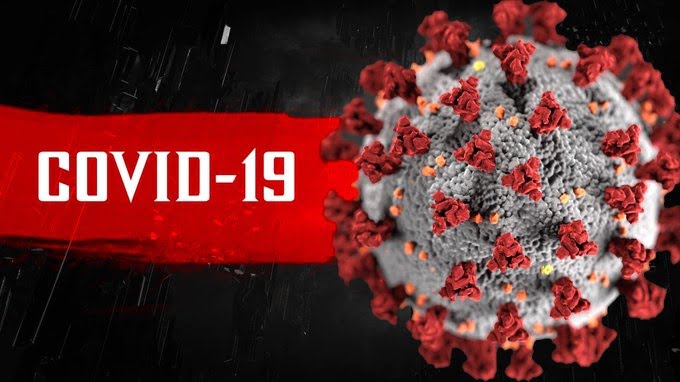NASSAU, BAHAMAS — Notwithstanding safety protocols, Deputy Chief Medical Officer Dr Delon Brennen said there is no perfect set of policies that can eliminate the risk of new infections from imported cases.
On Friday, the World Health Organization said the world has entered a “new and dangerous phase” of the pandemic, as cases in the United States spiraled in numerous western and southern states, including Florida.
On the same day, Jamaican Prime Minister Andrew Holness said in 24-hour the country recorded 14 new COVID-19 cases, within all cases being imported from the recent flights from the United States. The additional cases pushed the country’s total up to 184 as of Friday.
As of yesterday, there were 104 cases in The Bahamas.
There have been no new cases since June 14.
There have been concerns in some quarters that the reopening without increased testing capacity and strict adherence to screening protocols could cause a resurgence of cases or for previously unexposed Family Islands to see infections.
“We have instituted a number of measures to minimize that, but minimizing; this not mean in the eliminating so there is entirely a possibility we could have persons present to our Family Islands — in particular, our healthcare institutions in our Family Islands – that have symptoms suggestive of COVID-19 and we test them, and they turn out to be positive,” Brennen told Eyewitness News in a recent interview.
“But what we are trying to do is minimize those possibilities by having persons continue to be tested for COVID-19 prior to transiting to The Bahamas, so that we’ll know if we minimize community spread then any cases or majority of cases that might be detected at this time would be imported, and the way to minimize importation is to at least make an attempt to figure out are people shedding the virus near to or at the time they present in-country.”
Brennen continued: “Nothing is full proof. It is minimizing the risk, but you cannot eliminate the risk. Knowing that we are a tourism dependent population, we need to make sure that we balance the issues around visitors coming in to be able to support our economy, but also protecting our populous art the same time.
“So, it’s a fine balance when you have to measure based on what is going on around the world in order for us to measure our response to the virus at this time.”
The Official Opposition has said the country must proceed wisely, insisting that reopening on July 1 will not solve the economic crisis, but will increase the risk of the virus spreading through communities.
Yesterday, Progressive Liberal Party Leader Philip Davis said there appears to be a lack of proper planning.
The government requires all incoming visitors to present a negative test for COVID-19 upon arrival.
Those results must be no more than 10 days old; however, there are exceptions for children under the age of 2, pilots who remain onboard aircraft.
Additionally, Bahamian citizens, residents and homeowners returning from English speaking CARICOM countries will also be exempt from testing.
The country international boaters, yachters and private aviation on June 15 — phase one of the reopening.
As part of phase two, hotels and vacation rentals will be open to guests.
The ministry said all travelers must have their confirmation on hand upon arrival to their destination.
It also said at airports and seaports, healthcare personnel will conduct temperature screenings for all incoming individuals.
No quarantine will be required upon arrival, but travelers exhibiting symptoms suggestive of the virus could be transferred to an area away from other passengers for further testing an evaluation.
Asked whether testing will be increased after July 1 as the country reopens, Brennen said health officials continue to test individuals under an expanded definition of symptoms suggestive of the virus while widening testing outside.
Health officials previously announced a target of 100 tests per day, however, reports reflect shortfalls in reaching that quota.
As of Friday, 2,326 tests had been performed — a difference of 13 compared to the 2,339 completed tests reported on Saturday.
Yesterday, the Ministry of Health reported 2,347 tests had been completed —eight more tests than the previous day.
A total of 232 tests have been performed in June thus far.
As of June 1, 2020, 2,115 tests had been conducted.
Brennen said while there are “significant” testing supplies, those supplies are not endless and officials must “plan as if there is going to be an increase in number, whether from a cluster, community spread or reintroduction from travelers”.
Speaking to ongoing testing efforts, Brennen said the testing done in nursing homes, long-term care facilities and penal institutions such as the Department of Correctional Services, has not uncovered any significant numbers of infections across these areas.
“While we continue to have some surveillance in those areas we are now turning our focus to other areas that have been identified in other jurisdictions with the possibility; so, our healthcare workers as we mentioned before, those travelers who are returning, those who are at an increased risk because of baseline medical issues — those are the grouping… that we are turning our attention to right now, but it doesn’t mean we have a mandate of testing or surveillance in those other areas.”






